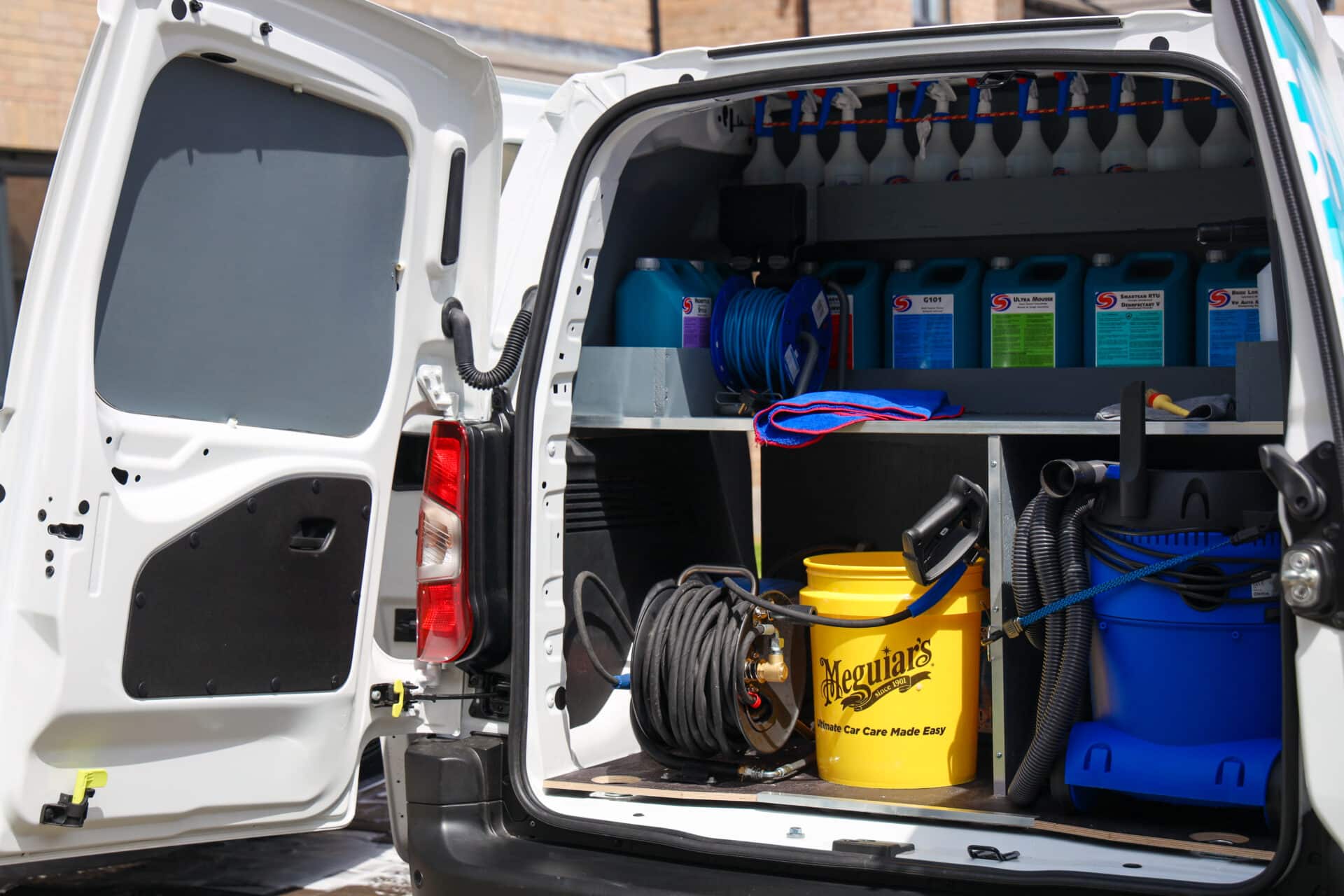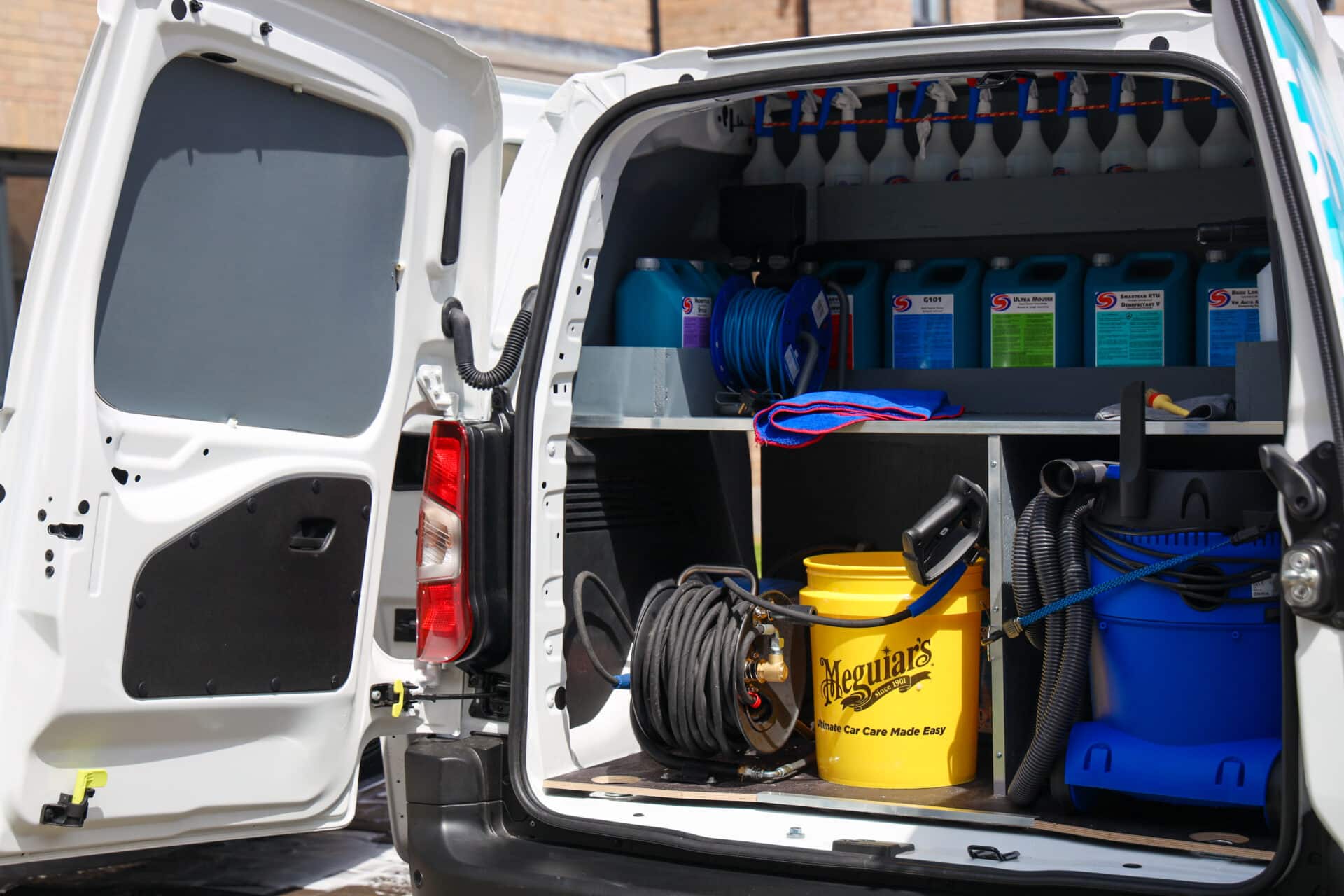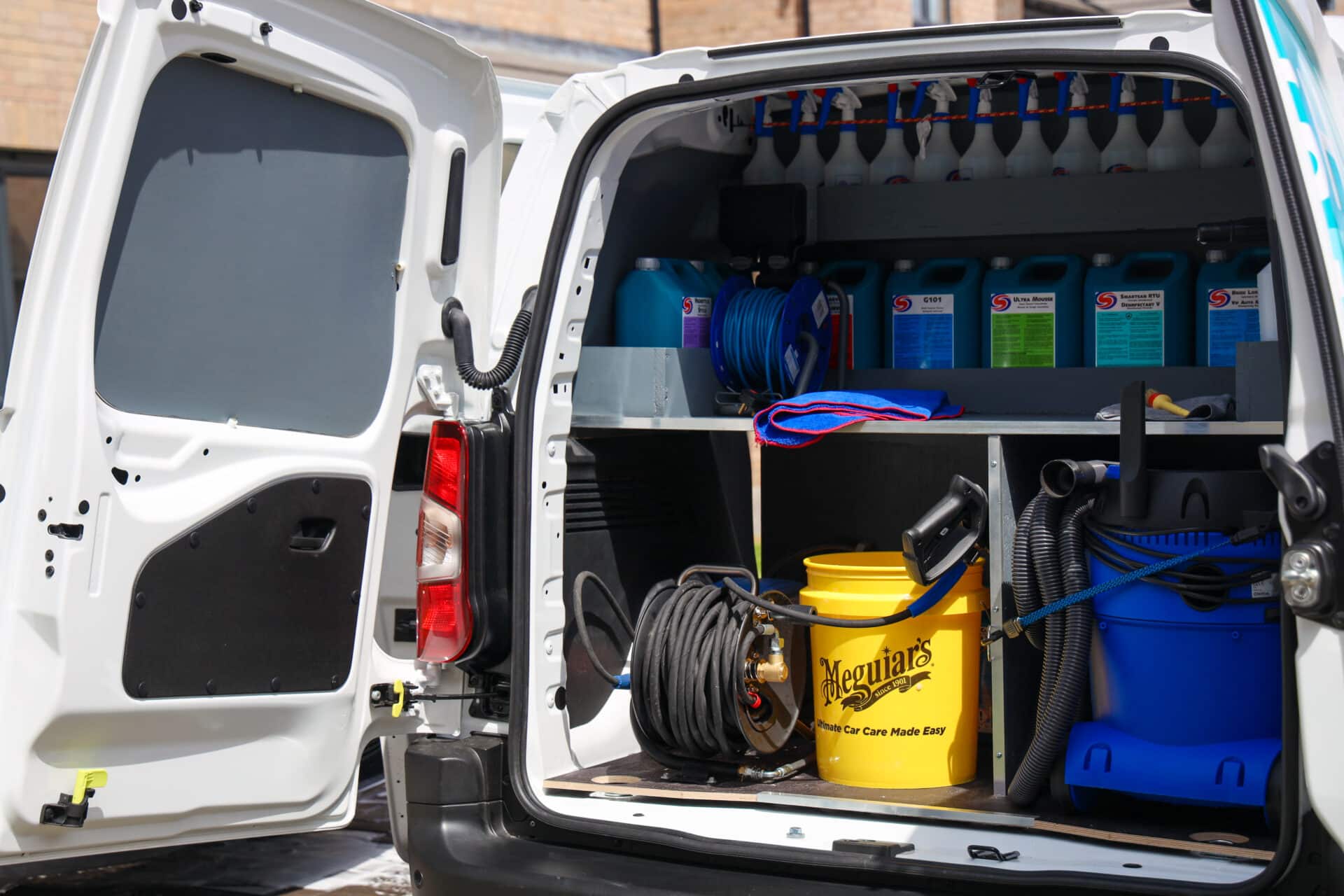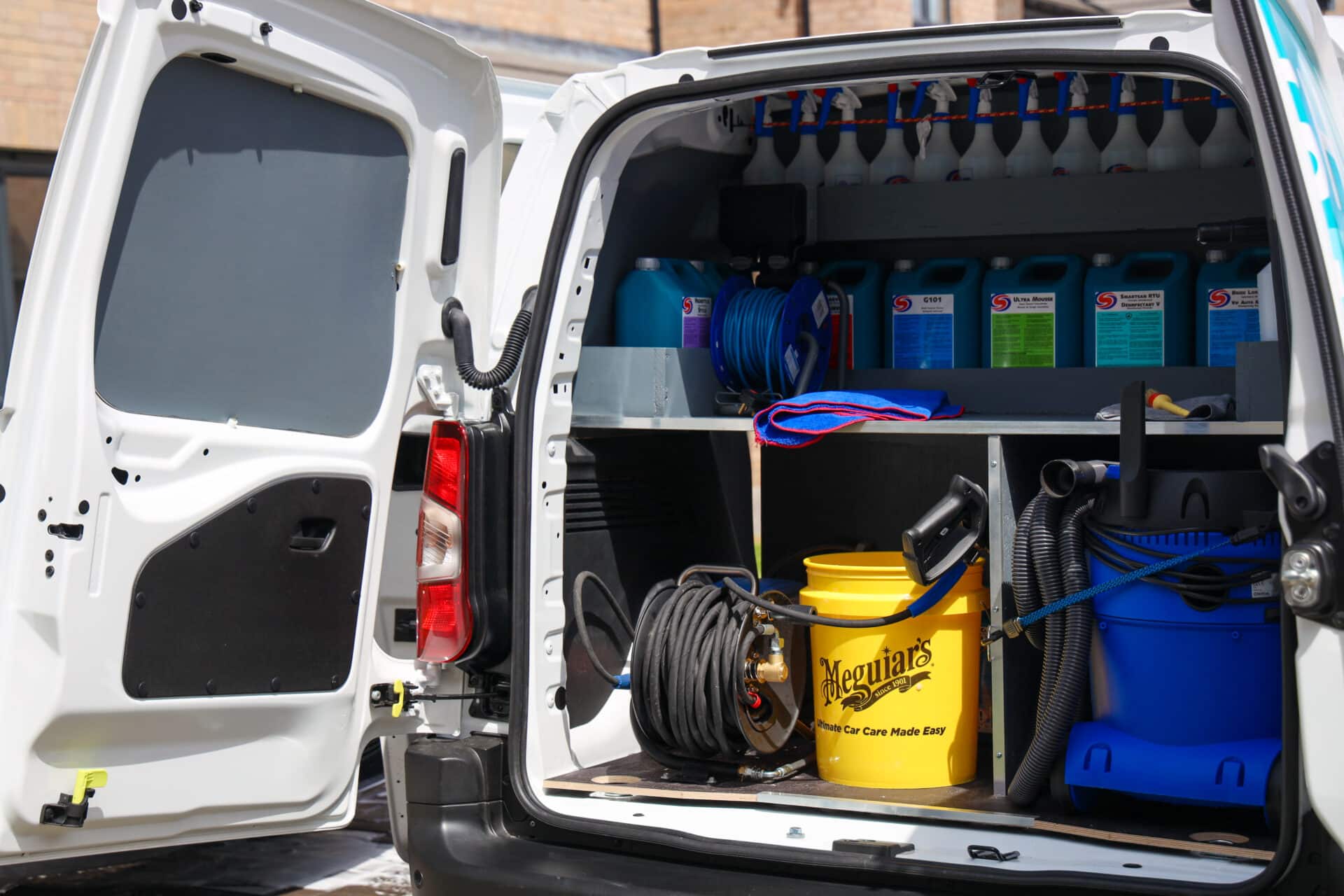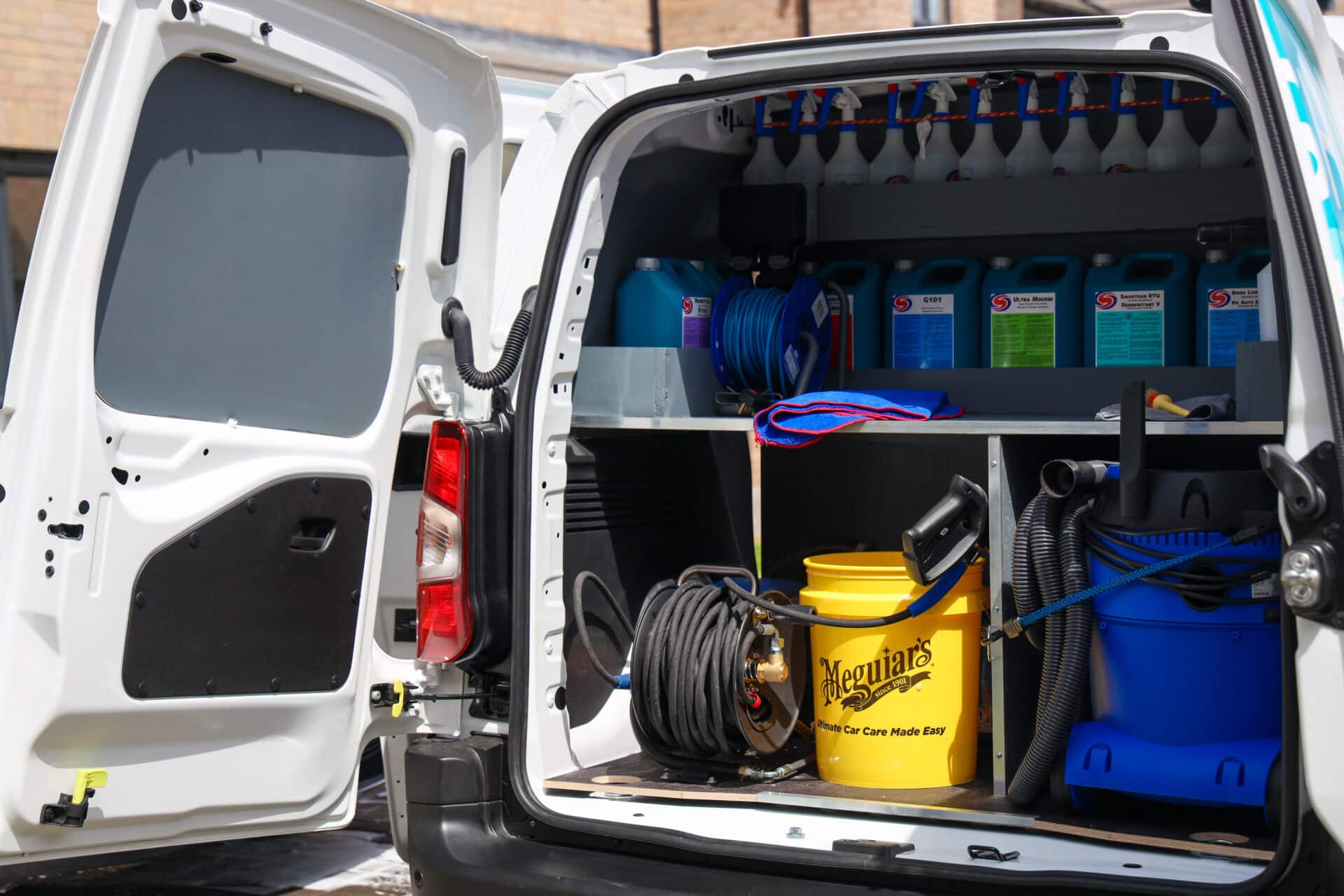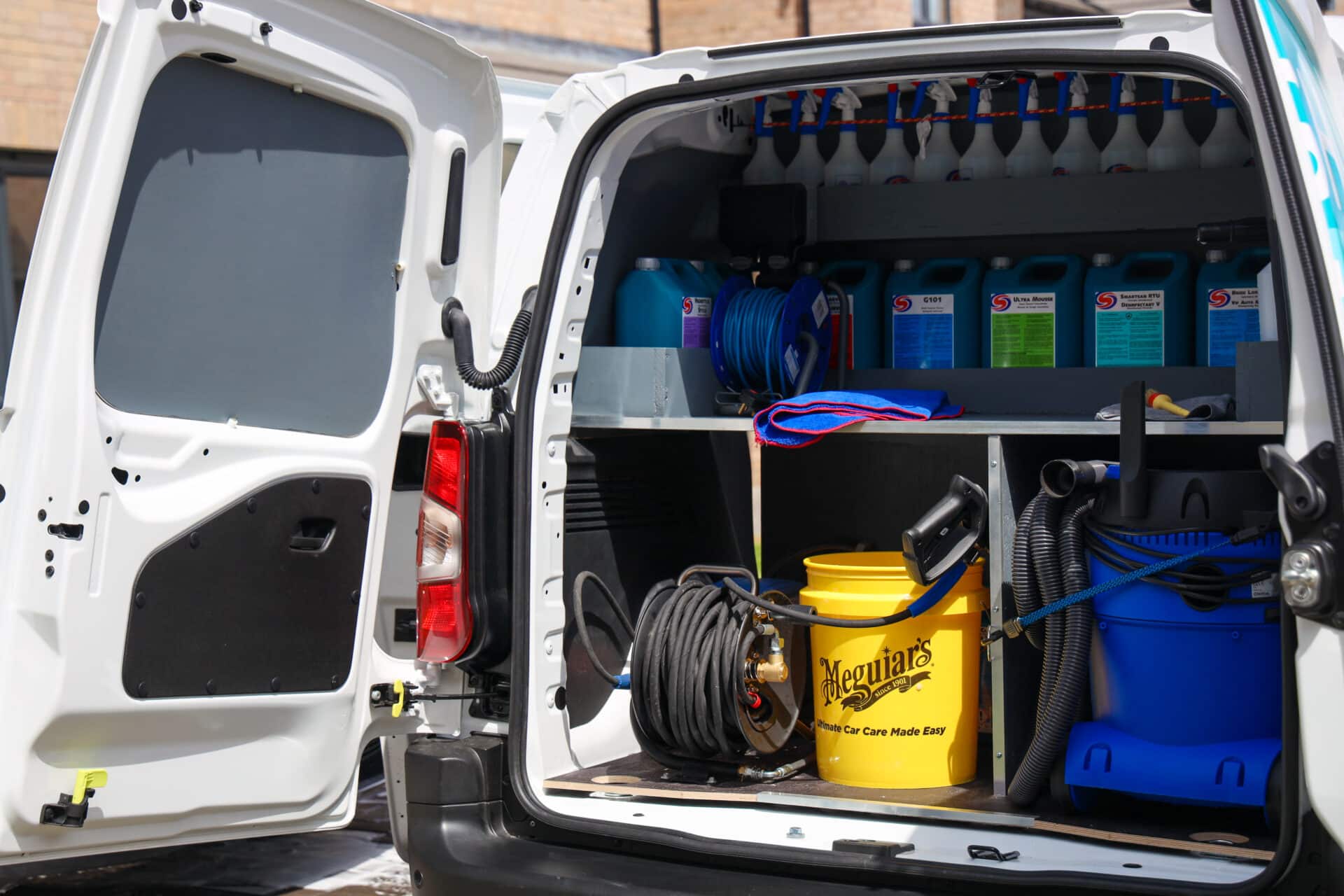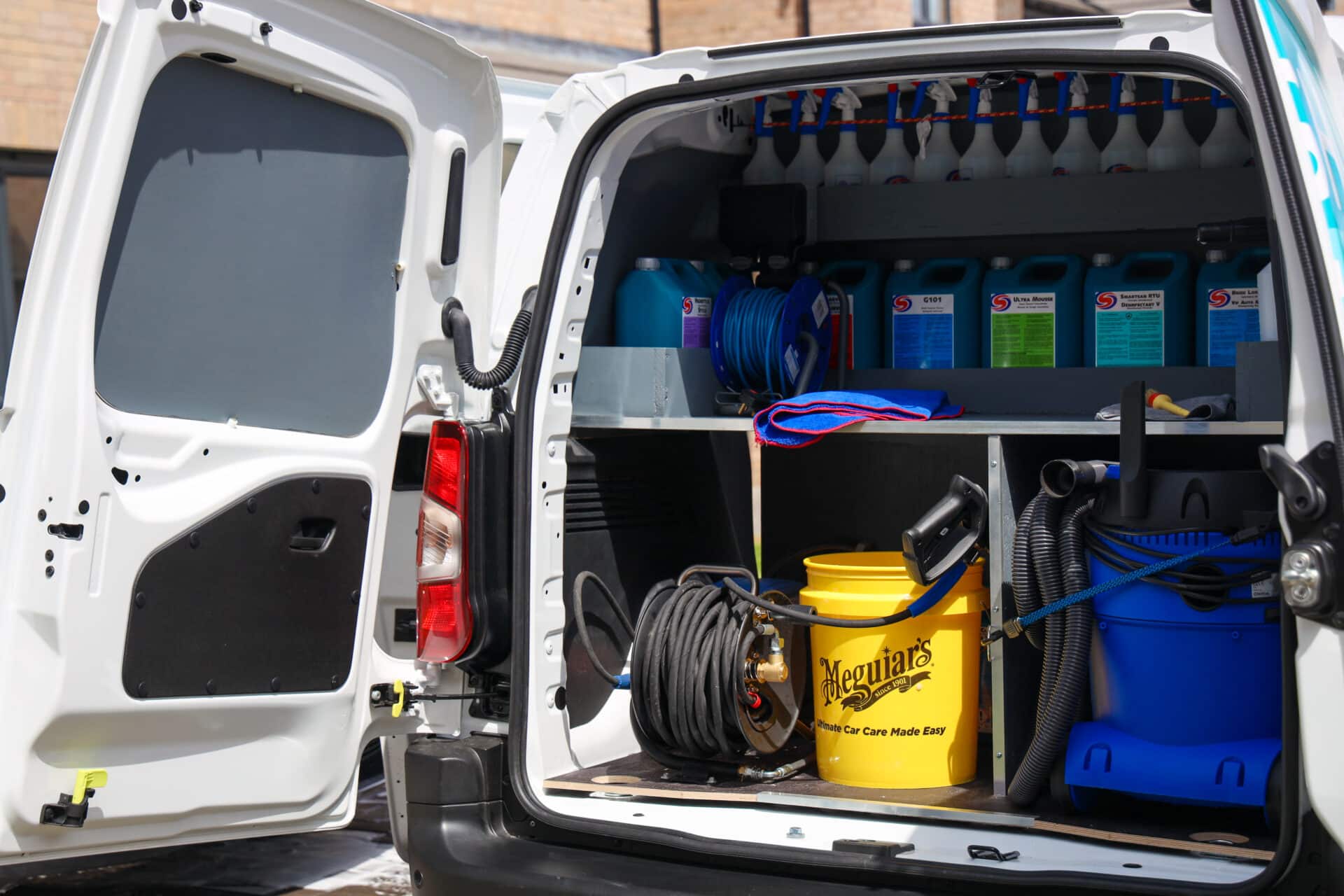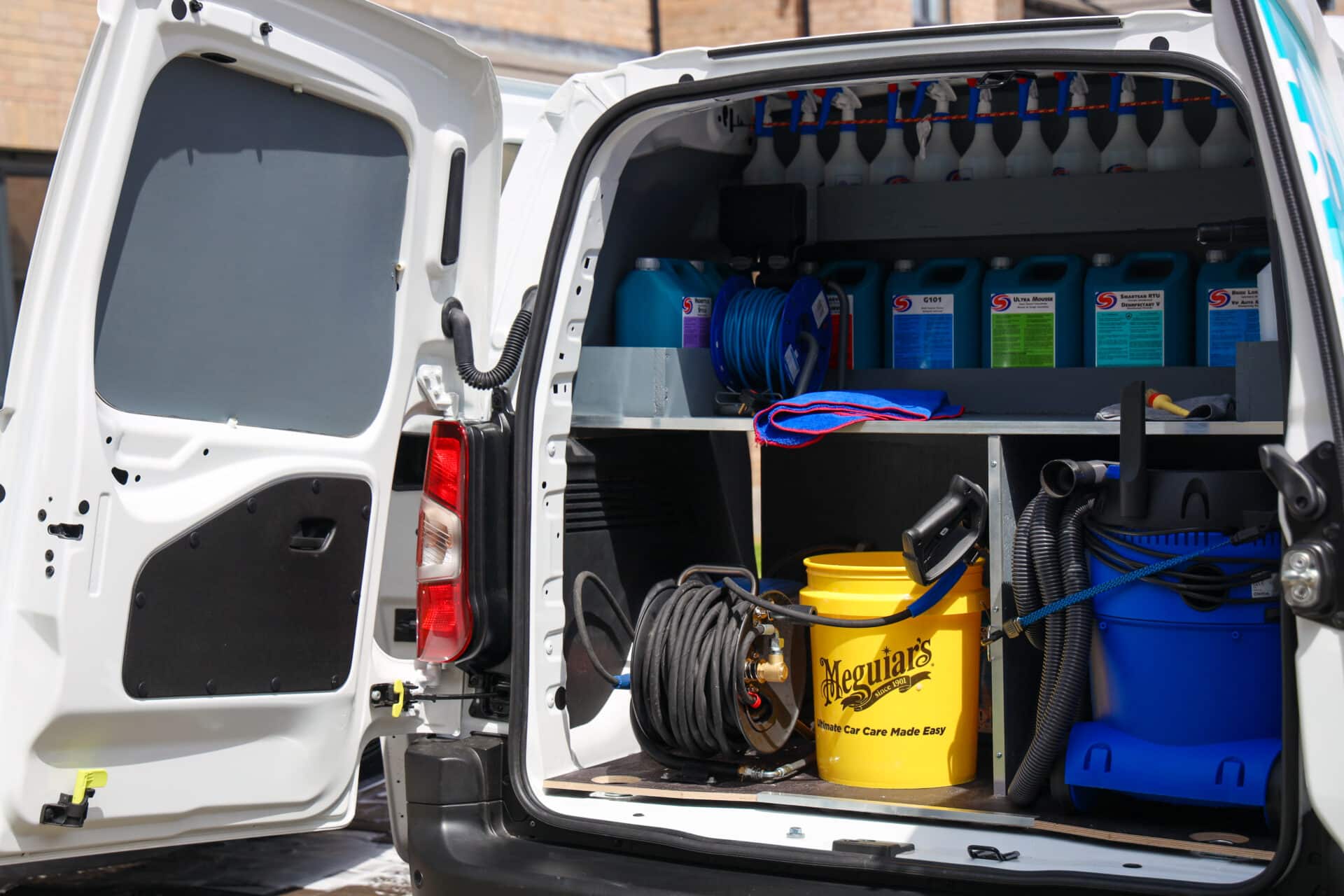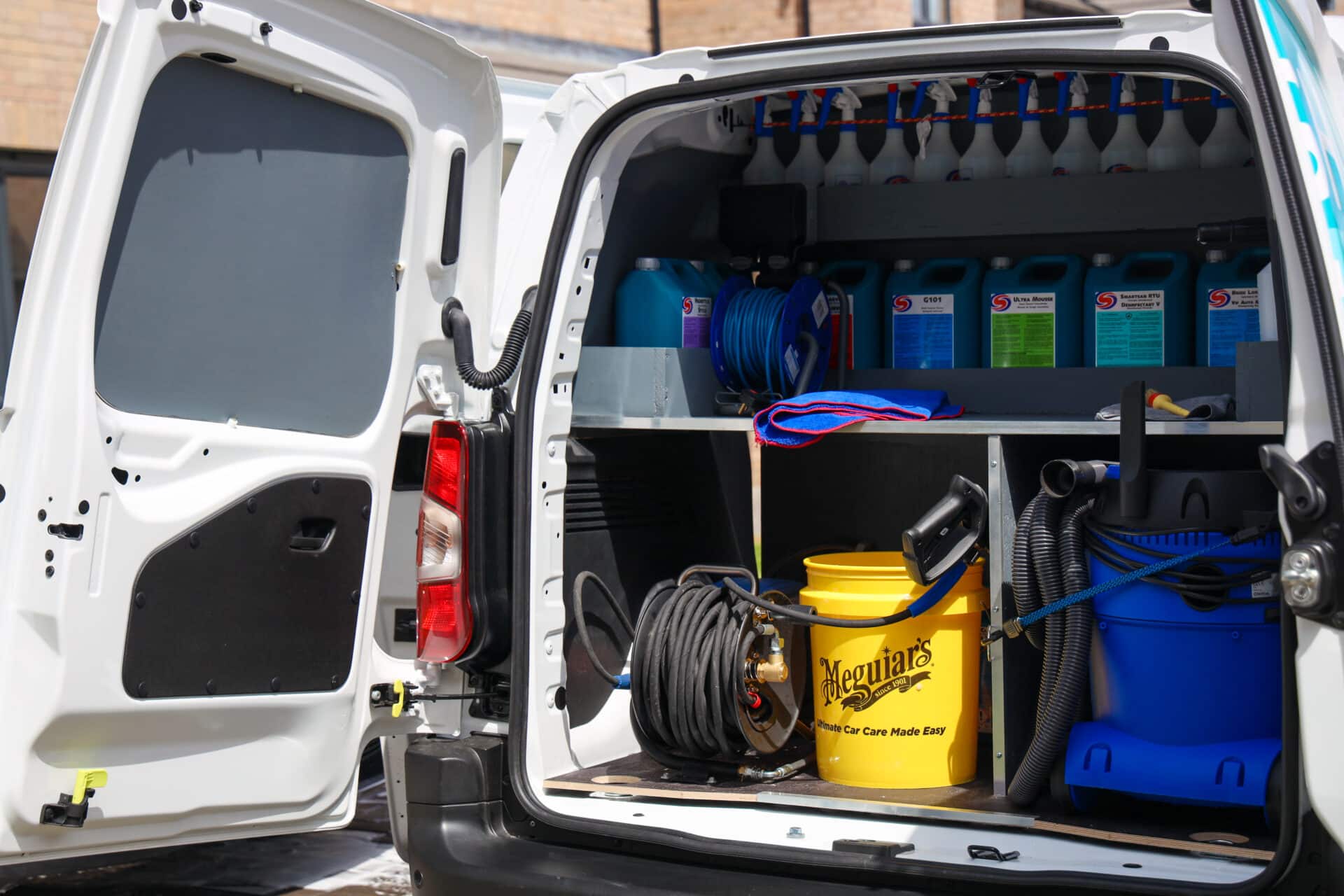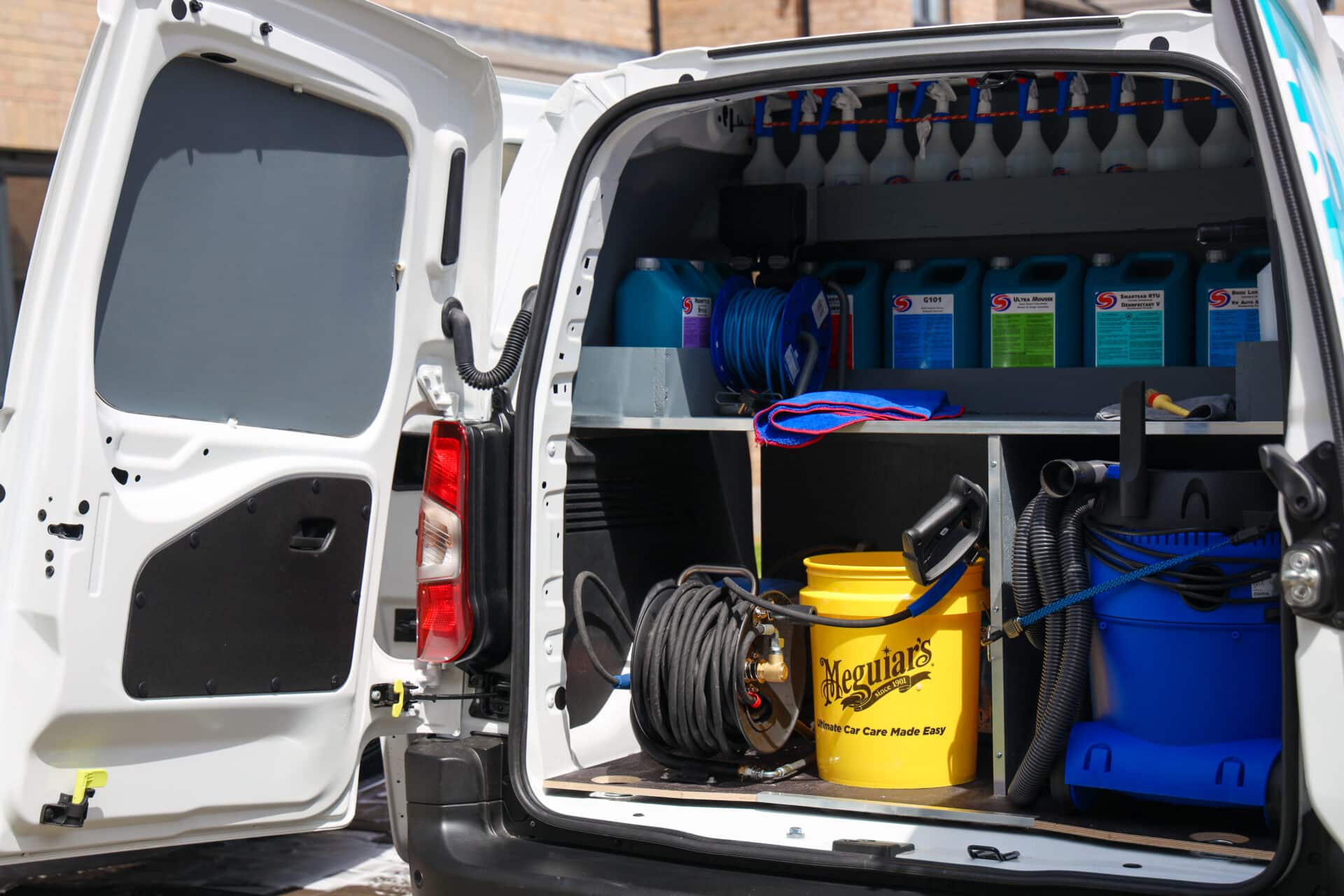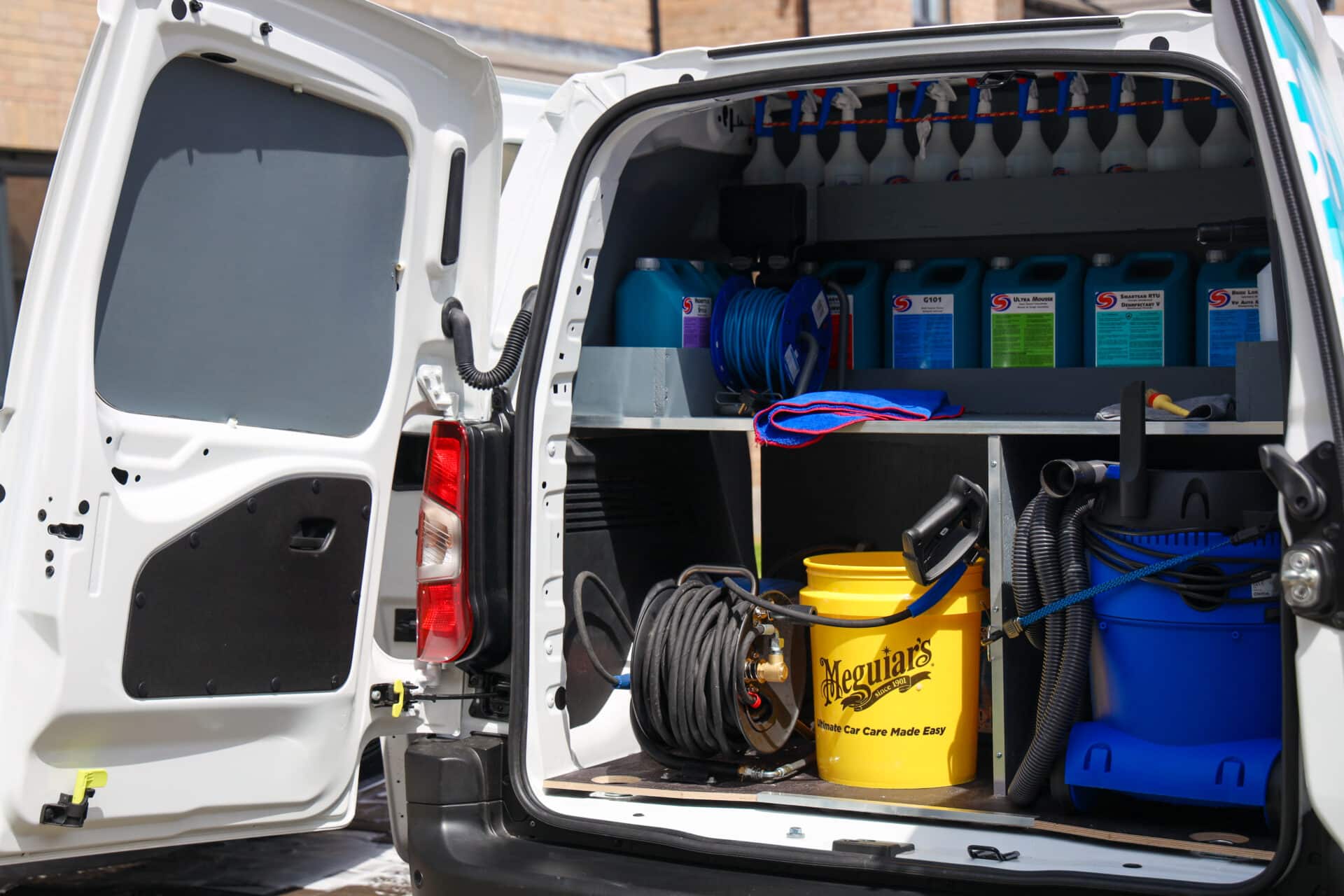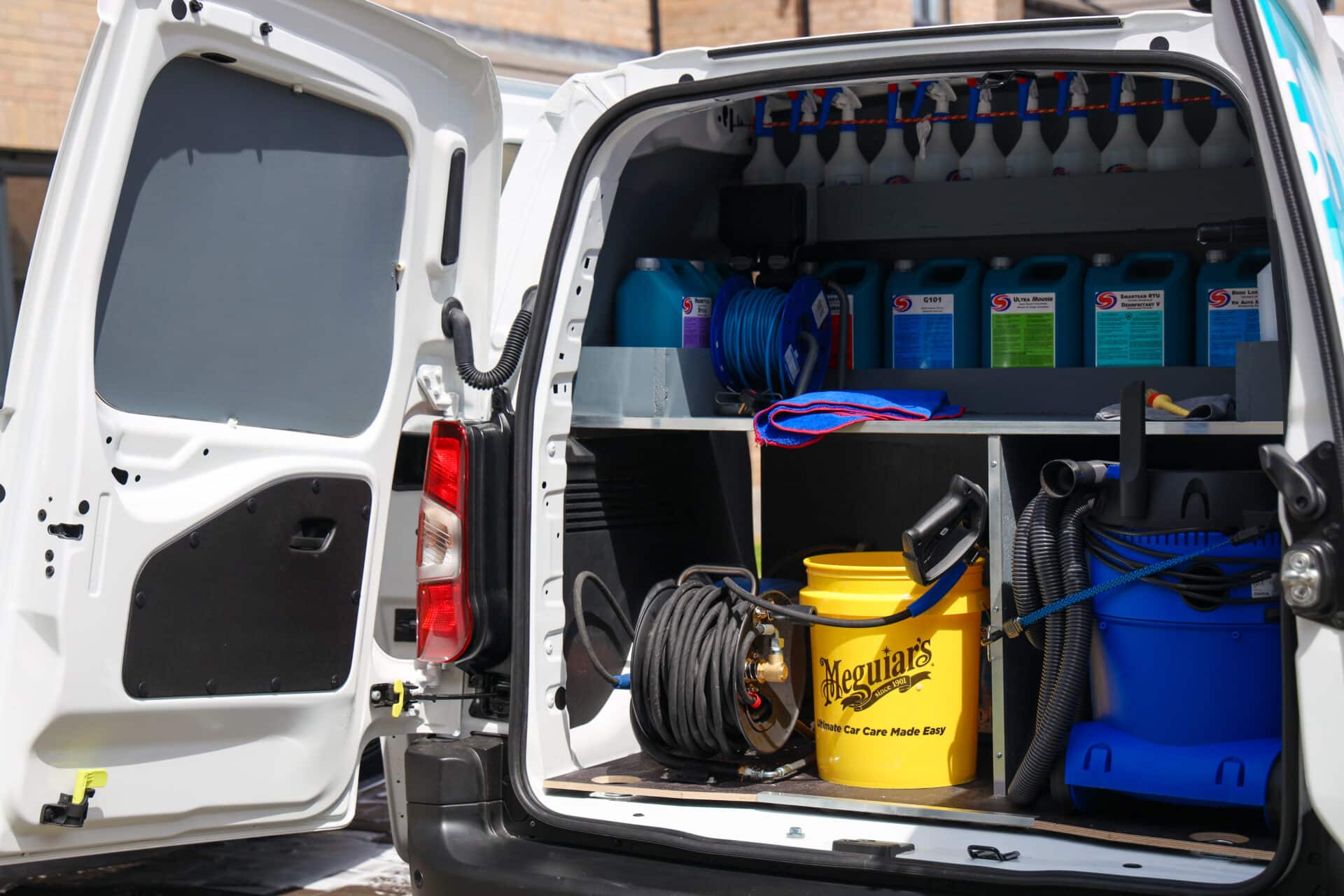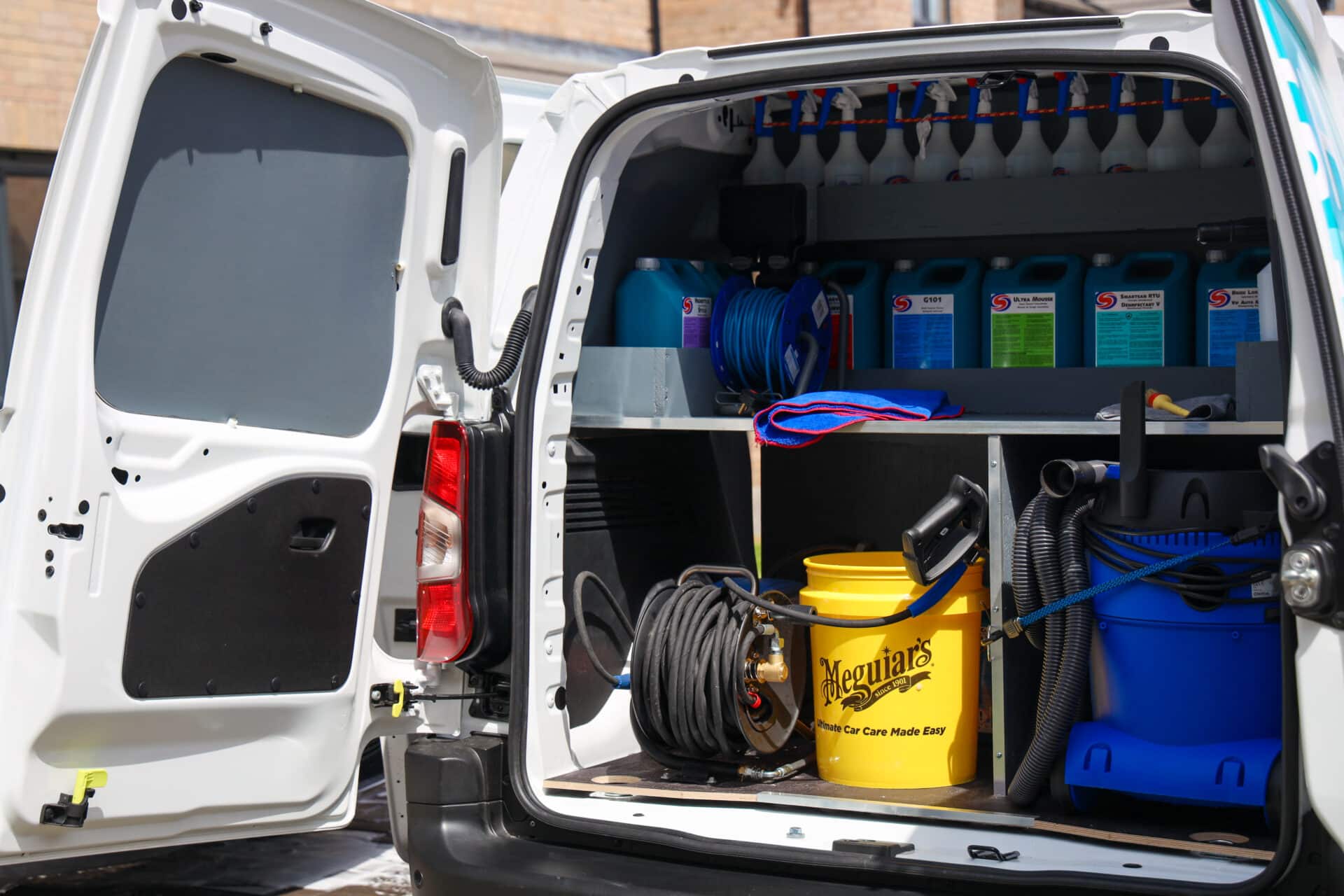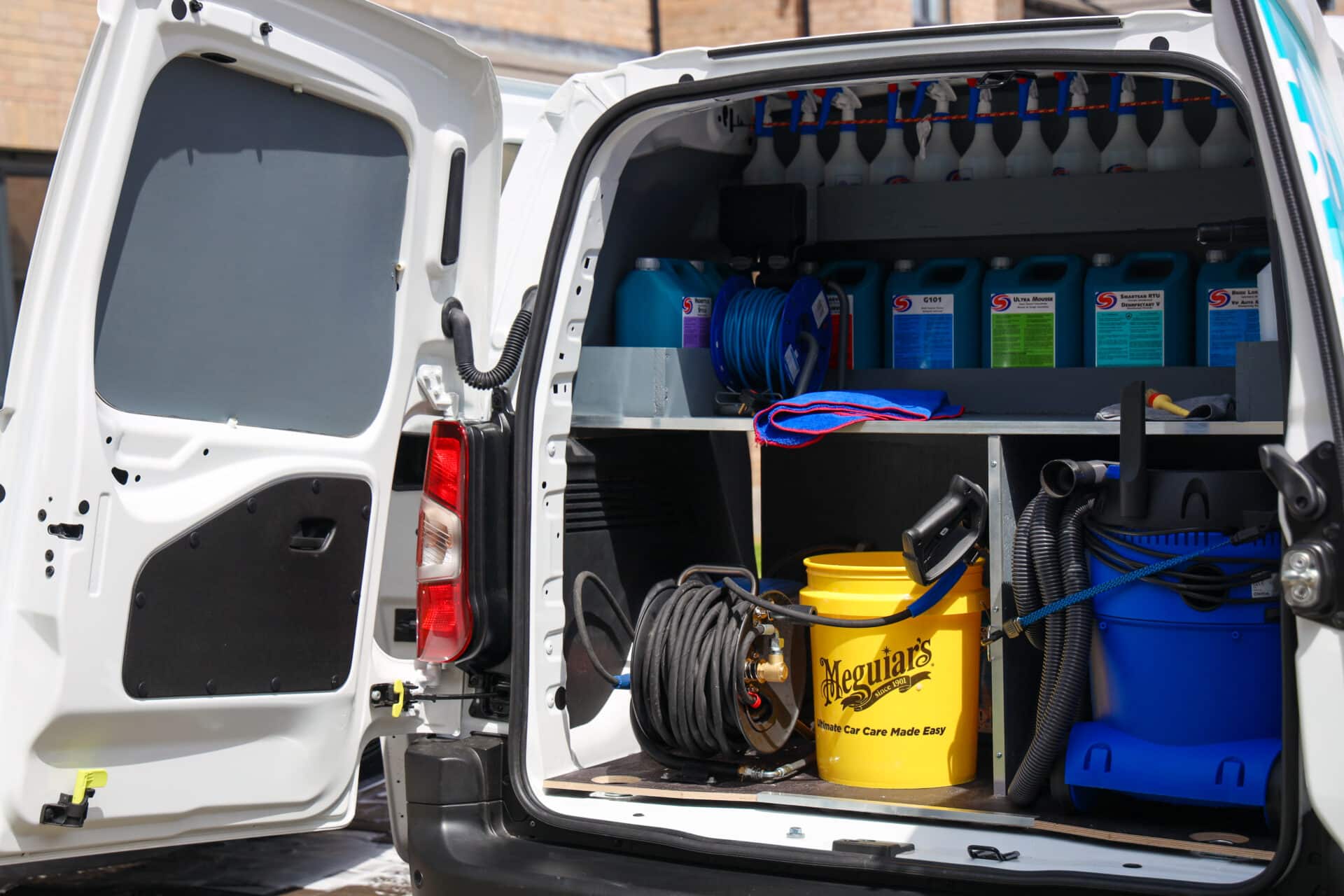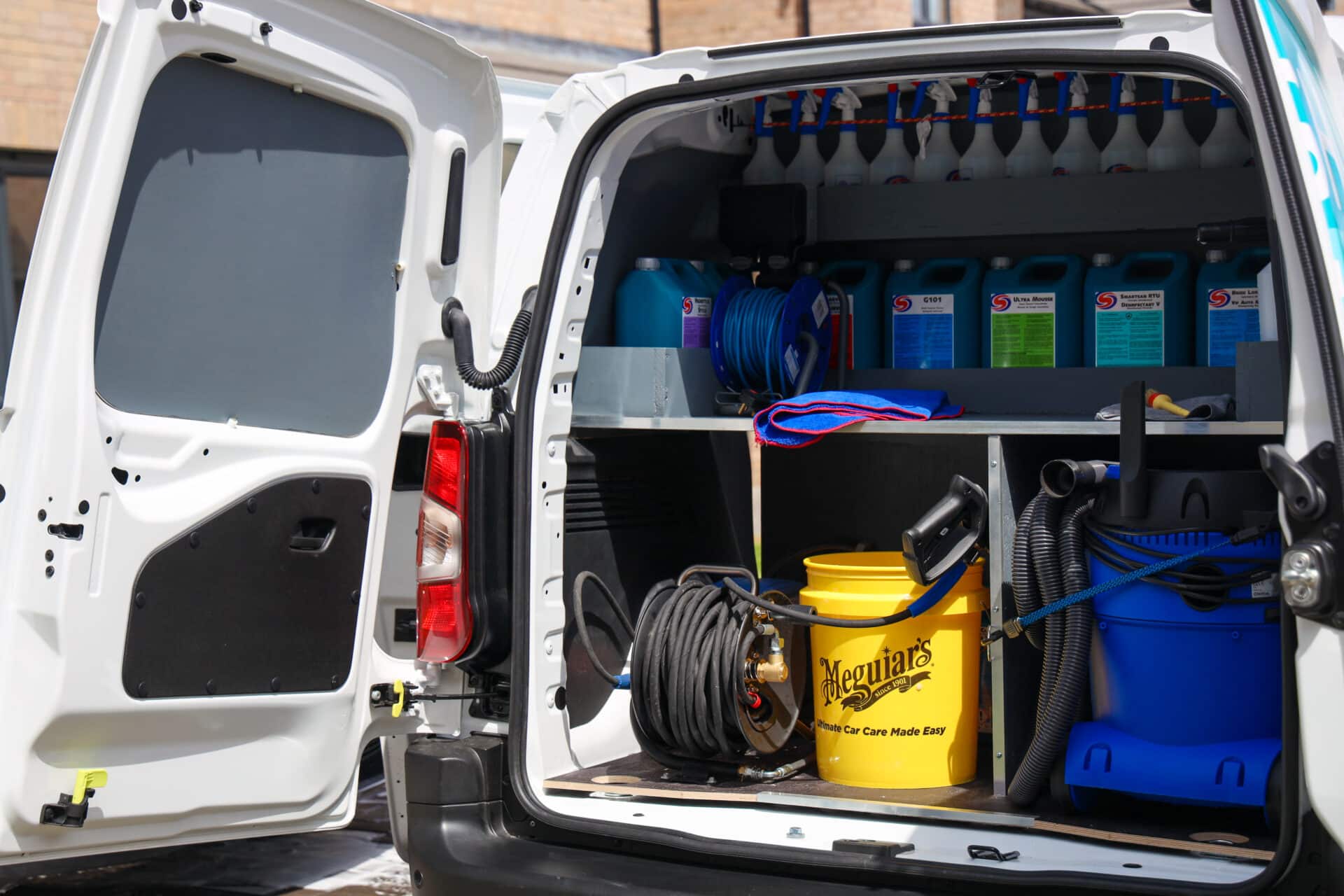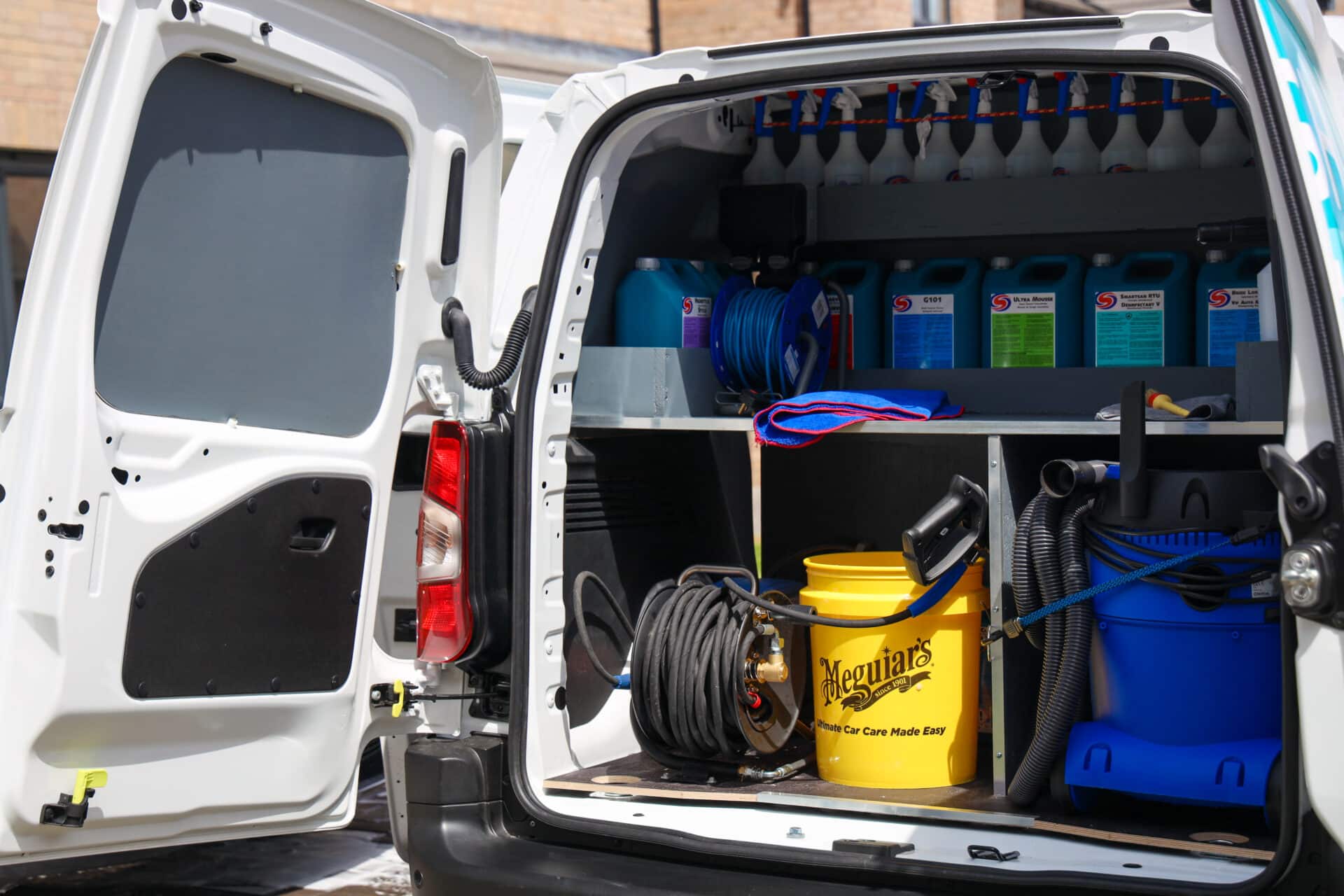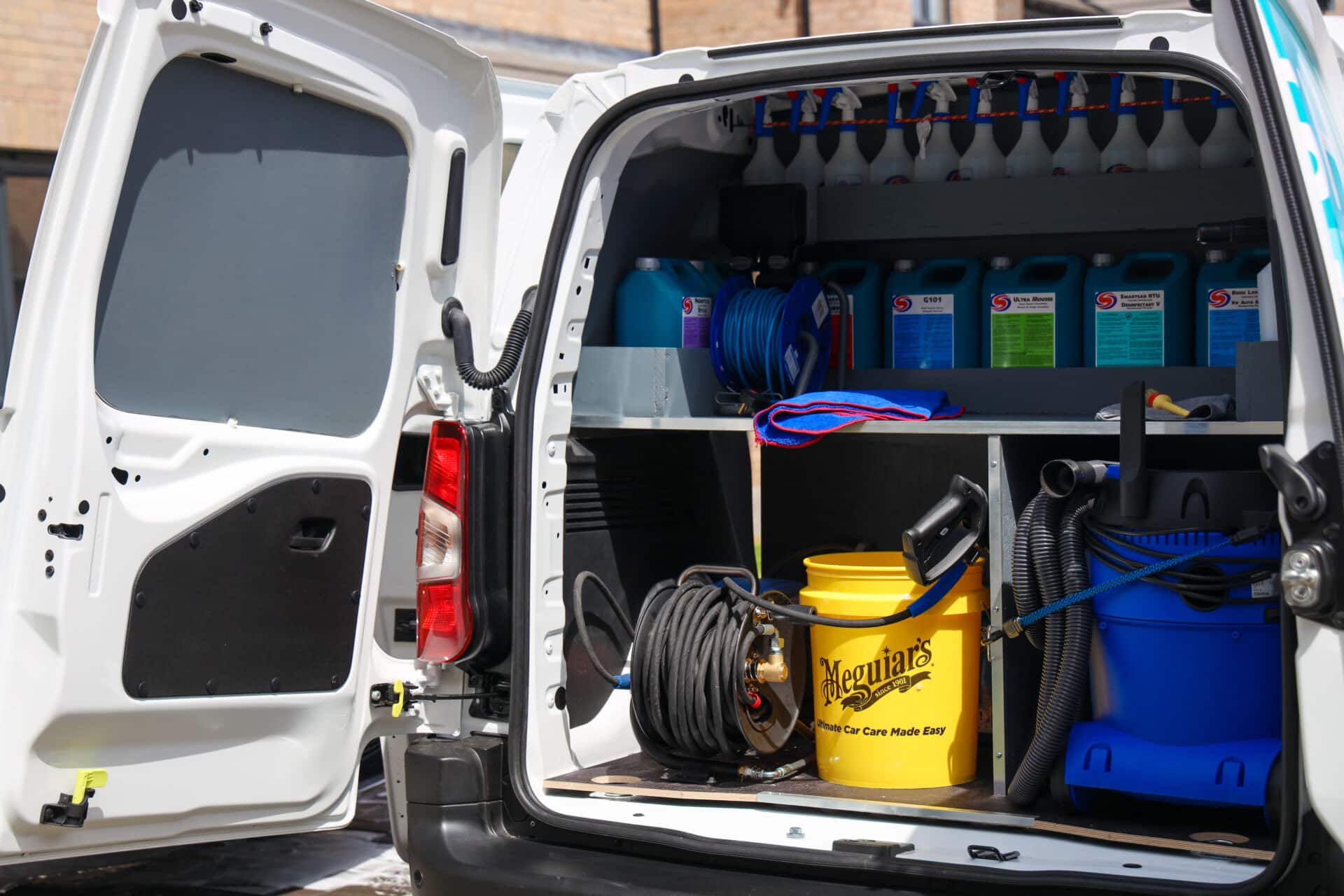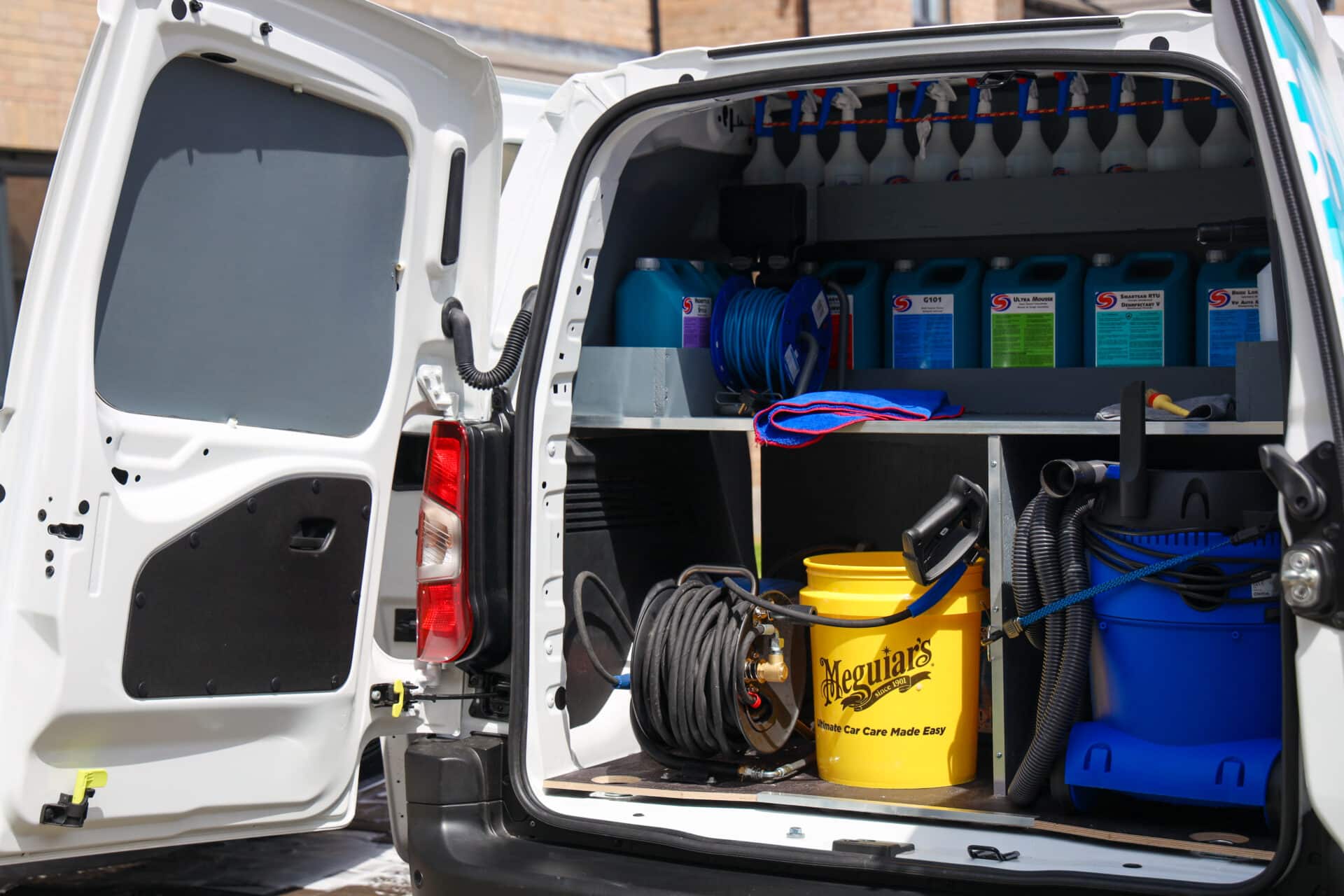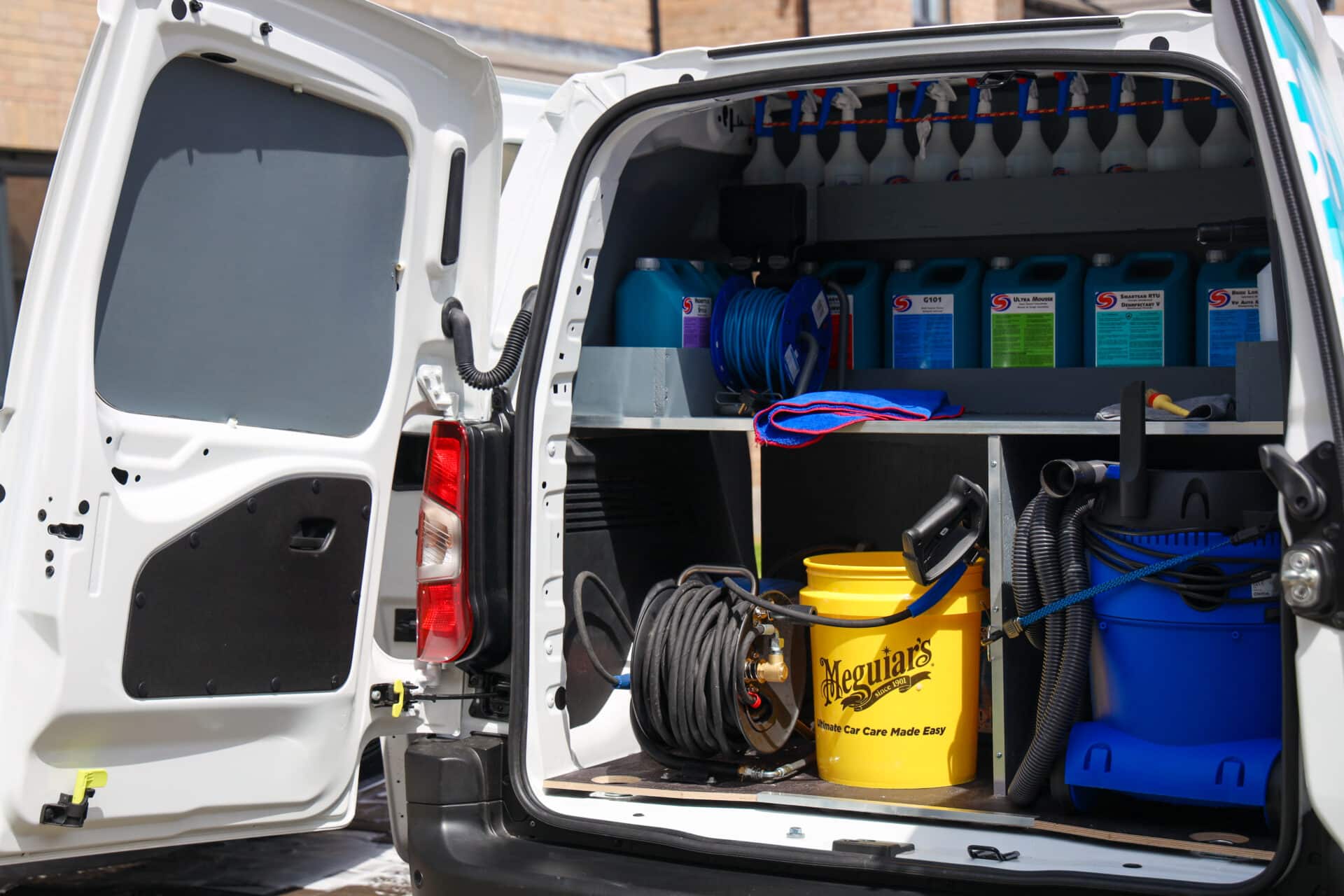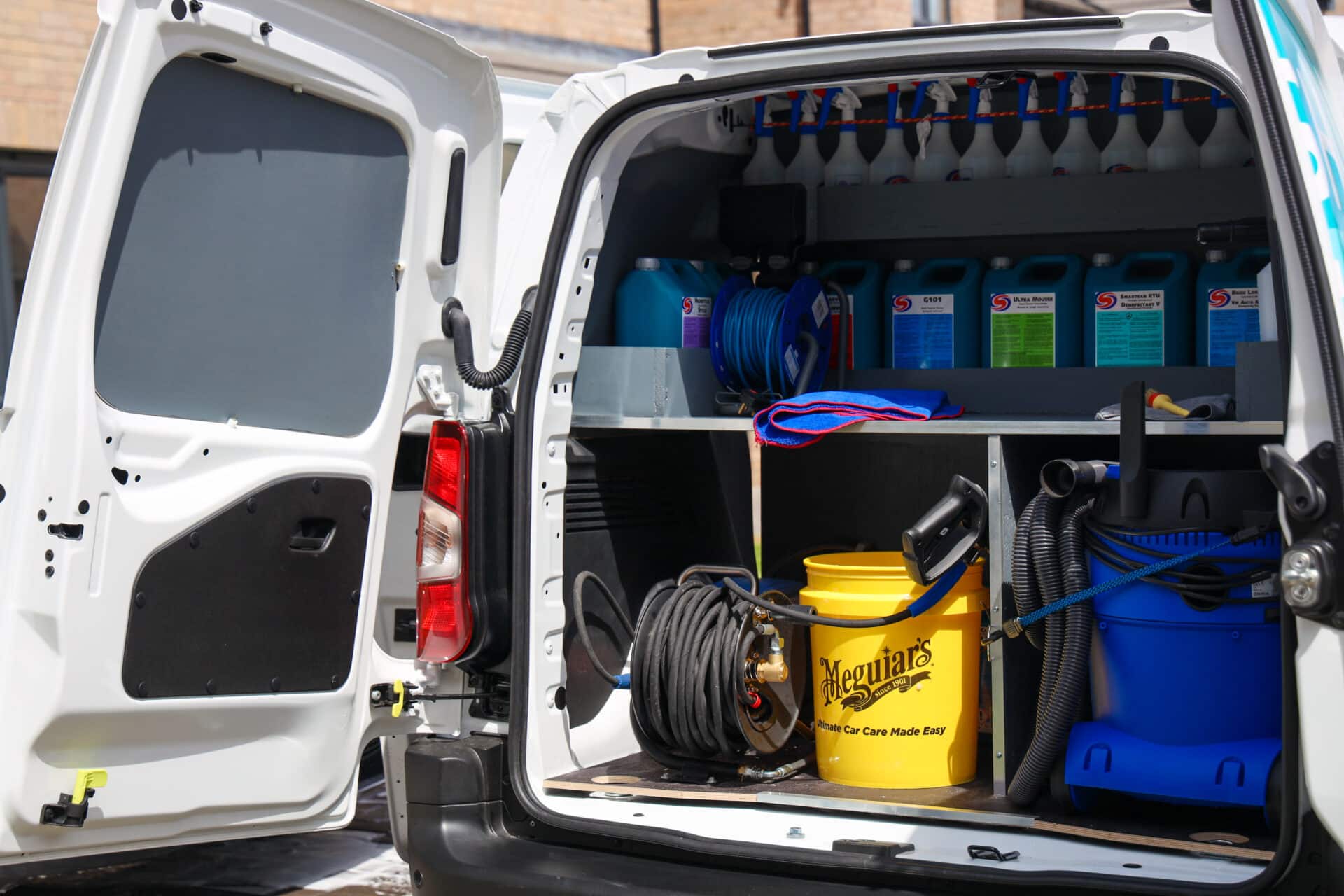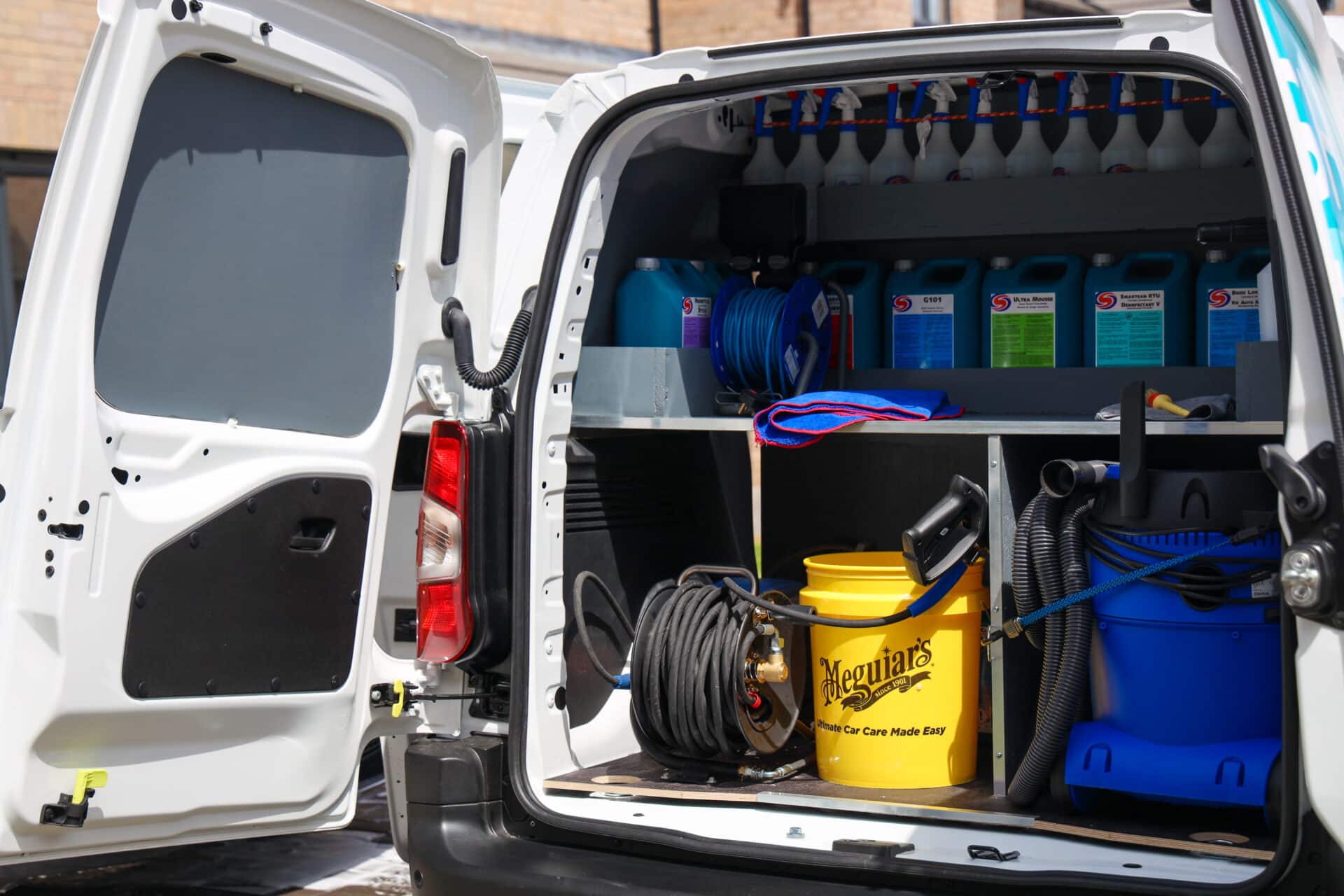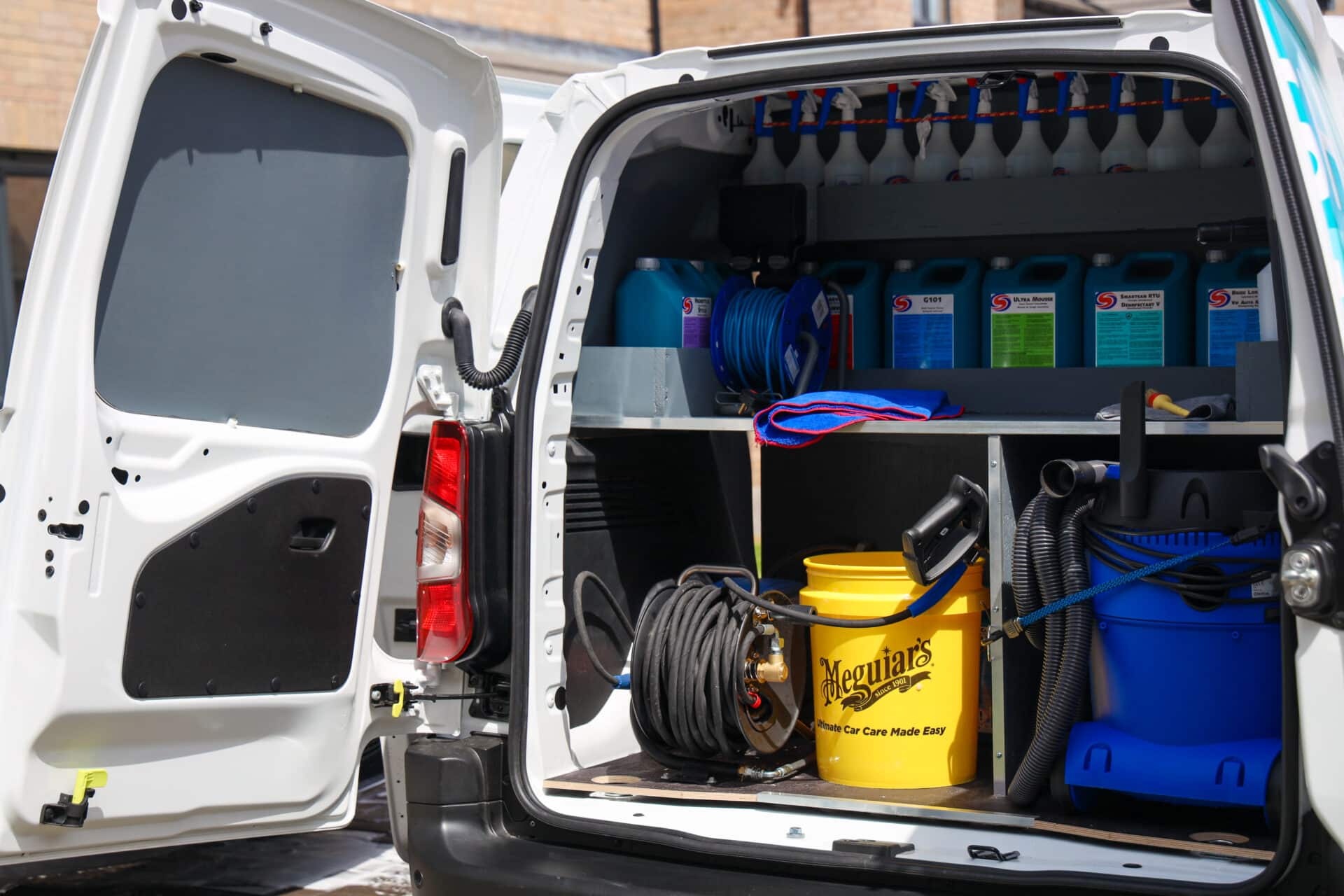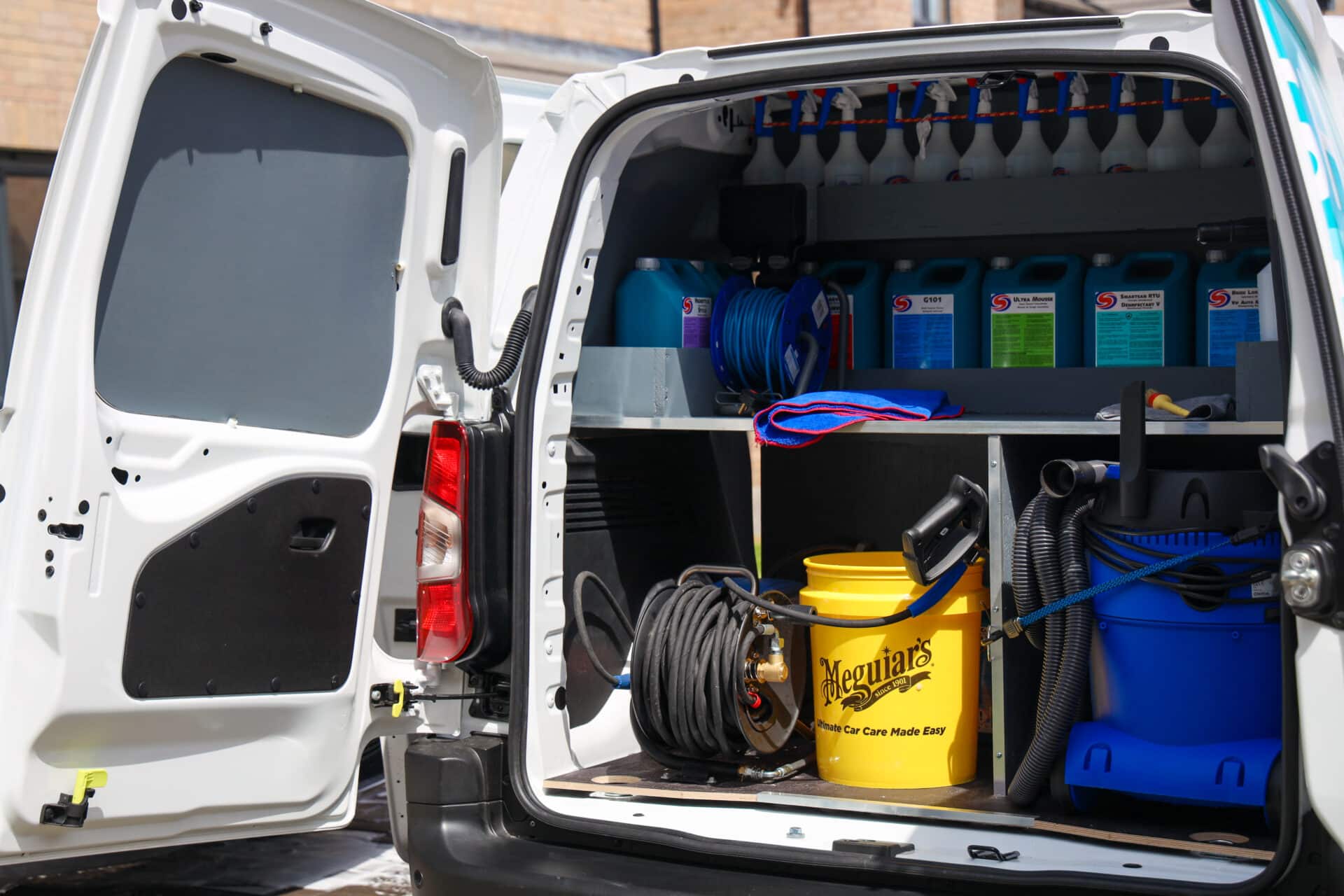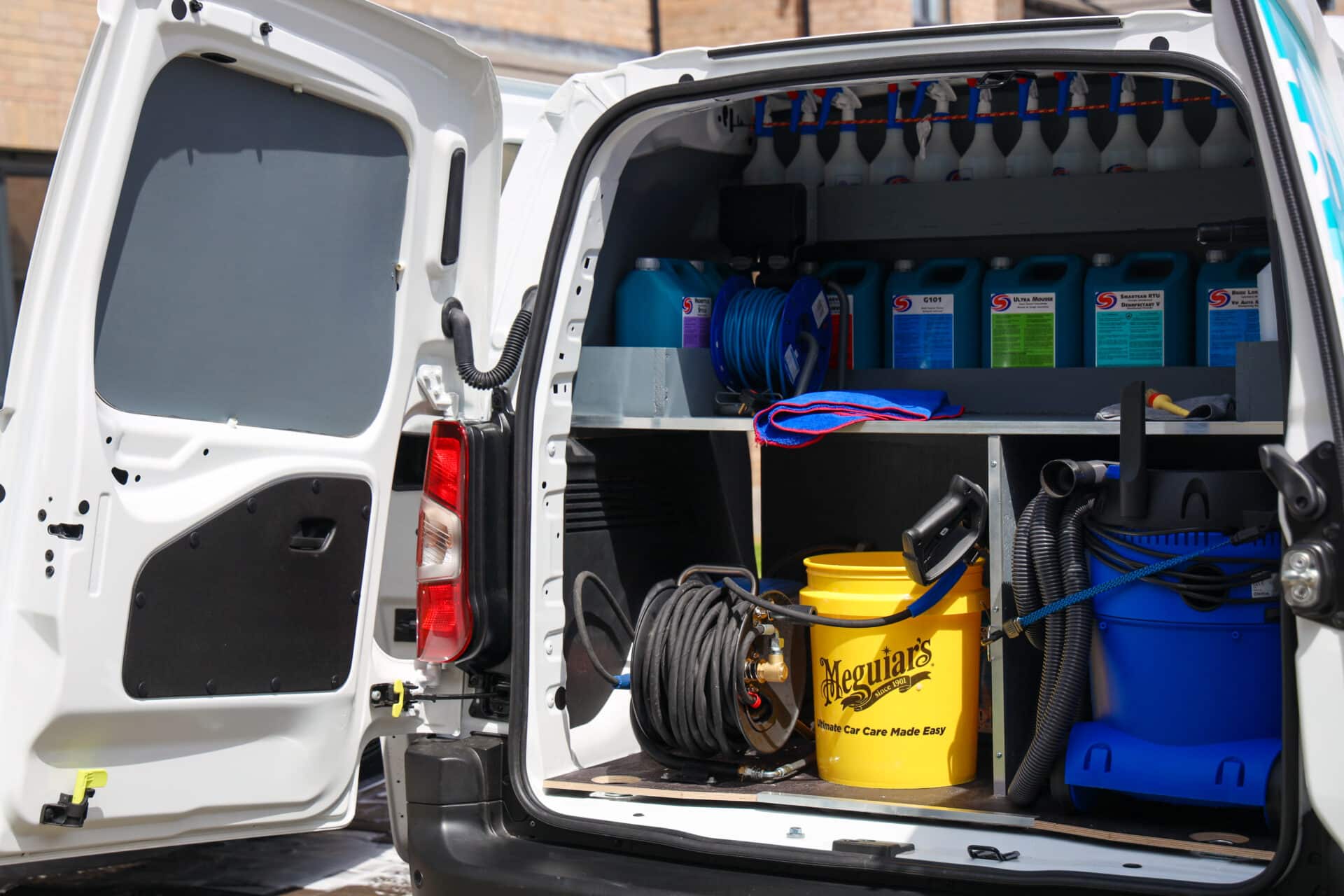Car valeting services have become increasingly popular across the UK, with mobile car valet businesses offering convenient on…
Forecourt Car Valet Insurance: Essential Protection for Vehicle Cleaning Services
Introduction
Forecourt car valet services have become an integral part of the modern automotive landscape, offering convenient vehicle cleaning solutions directly at petrol stations, service centers, and retail locations. However, operating a forecourt valet business comes with unique risks that require specialized insurance protection. From potential vehicle damage during cleaning to public liability concerns and equipment theft, forecourt valet operators face numerous exposures that standard business insurance may not adequately cover.
This comprehensive guide explores the essential insurance requirements for forecourt car valet businesses, helping operators understand their coverage needs and protect their operations from financial losses.
Understanding Forecourt Car Valet Operations
Forecourt car valeting involves providing professional vehicle cleaning services at locations such as petrol stations, supermarkets, retail parks, and service centers. These operations typically offer services ranging from basic exterior washes to comprehensive interior and exterior detailing, often while customers shop or refuel their vehicles.
The convenience factor makes forecourt valeting attractive to customers, but it also creates unique operational challenges and insurance considerations that differ significantly from traditional fixed-location car wash businesses.
Key Insurance Risks for Forecourt Car Valet Businesses
Vehicle Damage Risks
Working with customers' vehicles presents the most significant exposure for forecourt valet operators. Risks include accidental damage during cleaning, scratches from equipment or cleaning materials, interior damage from water or chemicals, and potential theft of items from vehicles during the valeting process.
Public Liability Exposures
Operating in public spaces creates numerous public liability risks. Wet surfaces from cleaning operations can cause slip and fall accidents, cleaning chemicals may cause injury to bystanders, and equipment or hoses left in walkways can create trip hazards for the public.
Equipment and Stock Risks
Forecourt operations often involve portable equipment that's vulnerable to theft or damage. Pressure washers, vacuum cleaners, cleaning supplies, and mobile units represent significant investments that need protection against theft, vandalism, or accidental damage.
Weather-Related Challenges
Outdoor operations expose businesses to weather-related risks including equipment damage from storms, business interruption due to adverse weather conditions, and potential liability issues when operating in poor weather conditions.
Essential Insurance Coverage Types
Motor Trade Insurance
This specialized coverage is crucial for forecourt valet operations as it covers damage to customers' vehicles while in your care, custody, or control. It includes protection against accidental damage during cleaning, theft of customer vehicles, and damage caused by your equipment or cleaning processes.
Public Liability Insurance
Essential protection against claims from members of the public who may be injured or whose property is damaged as a result of your operations. This covers slip and fall accidents on wet surfaces, injury from cleaning chemicals, and damage to third-party property during your operations.
Employers' Liability Insurance
Legally required if you employ staff, this coverage protects against claims from employees who are injured or become ill as a result of their work. Given the physical nature of valeting work and exposure to chemicals and equipment, this protection is particularly important.
Equipment and Stock Insurance
Protects your business equipment, cleaning supplies, and mobile units against theft, vandalism, fire, and accidental damage. This coverage should include both equipment stored on-site and items transported between locations.
Business Interruption Insurance
Provides financial protection when your operations are disrupted by insured events such as equipment breakdown, weather damage, or other covered perils. This coverage helps maintain cash flow during periods when you cannot operate normally.
Professional Indemnity Insurance
While not always considered essential for valeting operations, professional indemnity can provide valuable protection against claims related to inadequate service delivery, failure to meet customer expectations, or advice given about vehicle care and maintenance.
Specialized Considerations for Forecourt Operations
Location-Specific Risks
Operating at petrol stations and retail locations creates unique exposures including fire risks from fuel vapors, increased public liability exposure due to high footfall, potential conflicts with other businesses sharing the space, and compliance with health and safety regulations specific to these environments.
Mobile vs Fixed Operations
Many forecourt valet services operate mobile units that travel between locations. This creates additional considerations including transit coverage for equipment, varying risk exposures at different locations, potential gaps in coverage when moving between sites, and the need for flexible policy terms that accommodate multiple operating locations.
Regulatory Compliance
Forecourt operations must comply with various regulations including environmental regulations for water usage and chemical disposal, health and safety requirements for public spaces, local authority licensing and permits, and compliance with host location requirements and restrictions.
Seasonal Variations
Many forecourt valet businesses experience seasonal fluctuations in demand, with increased activity during summer months and reduced operations in winter. Insurance policies should accommodate these variations through flexible coverage terms and seasonal adjustments where appropriate.
Risk Management Best Practices
Staff Training and Procedures
Implement comprehensive training programs covering proper cleaning techniques to minimize damage risk, safe handling and storage of chemicals and equipment, customer service procedures and communication, and emergency response procedures for accidents or incidents.
Equipment Maintenance
Regular maintenance and inspection of all equipment helps prevent accidents and ensures optimal performance. This includes pressure washers, vacuum cleaners, water systems, and safety equipment.
Safety Protocols
Establish clear safety protocols including proper signage for wet areas and hazards, safe storage and handling of chemicals, appropriate personal protective equipment for staff, and clear procedures for working around fuel pumps and other hazardous areas.
Customer Communication
Clear communication with customers about the valeting process, any limitations or exclusions, and proper procedures for vehicle handover helps prevent misunderstandings and potential claims.
Choosing the Right Insurance Provider
Specialist Knowledge
Select an insurer or broker with specific experience in motor trade and valeting operations. They should understand the unique risks and coverage needs of forecourt operations and be able to provide tailored solutions.
Coverage Flexibility
Look for policies that offer flexibility in terms of locations covered, seasonal adjustments, and the ability to add or modify coverage as your business grows or changes.
Claims Support
Choose providers with strong claims handling capabilities and experience in motor trade claims. Quick and fair claims resolution is crucial for maintaining customer relationships and business continuity.
Risk Management Support
Many specialist insurers offer risk management resources including safety training materials, best practice guidance, and regular risk assessments to help prevent claims.
Cost Considerations and Premium Factors
Factors Affecting Premiums
Insurance costs for forecourt valet operations depend on various factors including the number and types of locations operated, annual turnover and number of vehicles serviced, types of services offered and equipment used, claims history and risk management practices, and staff experience and training levels.
Cost Management Strategies
Businesses can manage insurance costs through effective risk management and safety programs, staff training and certification programs, regular equipment maintenance and safety inspections, clear operating procedures and customer communication, and working with specialist brokers to find competitive coverage.
Claims Management and Prevention
Common Claim Scenarios
Understanding common claim types helps businesses implement appropriate prevention measures. These include vehicle damage during cleaning processes, slip and fall accidents on wet surfaces, equipment theft or vandalism, and customer complaints about service quality or vehicle damage.
Prevention Strategies
Implement comprehensive vehicle inspection procedures before and after service, maintain detailed photographic records of vehicle condition, use appropriate equipment and techniques for different vehicle types, and ensure adequate supervision and quality control measures.
Claims Reporting
Establish clear procedures for immediate incident reporting, detailed documentation of all incidents and potential claims, cooperation with insurers and loss adjusters, and communication with affected customers and stakeholders.
Future Considerations and Industry Trends
Technology Integration
The increasing use of technology in valeting operations, including booking apps, payment systems, and equipment monitoring, creates new risks and insurance considerations that policies should address.
Environmental Concerns
Growing environmental awareness is driving changes in cleaning products and water usage, which may affect insurance requirements and risk profiles.
Regulatory Changes
Ongoing changes in health and safety regulations, environmental requirements, and local authority licensing may impact insurance needs and coverage requirements.
Conclusion
Forecourt car valet insurance is a specialized area requiring careful consideration of unique operational risks and coverage needs. From protecting customer vehicles to ensuring public safety and covering business equipment, comprehensive insurance protection is essential for successful forecourt valet operations.
By understanding the specific risks involved, implementing effective risk management practices, and working with experienced insurance providers, forecourt valet businesses can protect themselves against potential losses while focusing on delivering quality services to their customers.
The key to successful insurance protection lies in recognizing that forecourt valeting operations face distinct challenges that require specialized coverage solutions. Standard business insurance policies may not provide adequate protection for the unique exposures these businesses face.
Regular review of insurance arrangements, ongoing risk management efforts, and maintaining strong relationships with specialist insurance providers will help ensure that forecourt valet businesses remain properly protected as they grow and evolve in an increasingly competitive marketplace.


 0330 127 2333
0330 127 2333
